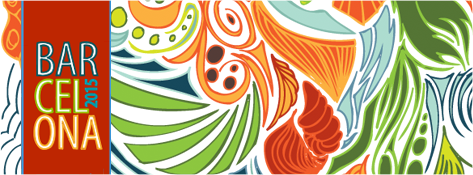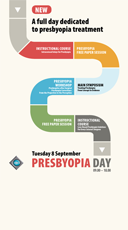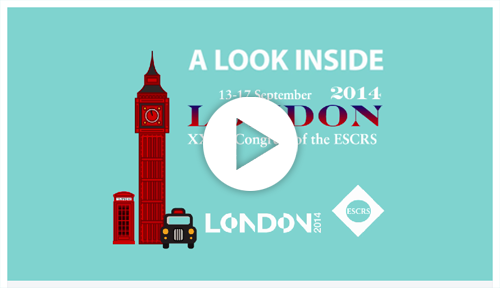Tissue addition using a modified SMILE lenticule with accelerated cross-linking: an innovative treatment modality for keratoconus
(results will display both Free Papers & Poster)
Session Details
Session Title: Cornea: Surgical II
Session Date/Time: Tuesday 08/09/2015 | 14:00-16:00
Paper Time: 14:00
Venue: Room 11
First Author: : S.Ganesh INDIA
Co Author(s): : S. Brar
Abstract Details
Purpose:
To describe a new technique of tissue addition and its clinical outcomes for treatment of keratoconus when combined with accelerated cross linking(KXL).
Setting:
Nethradhama Super Speciality Eye Hospital, Bangalore, India
Methods:
6 eyes of 6 patients with mean age 19.5 years and mild to moderate keratoconus with central cone on topography were studied. 0.25% riboflavin was injected into a femtolaser enabled pocket at 100 µ depth , followed by insertion of a doughnut shaped cryopreserved lenticule(obtained after ReLEx SMILE). Finally eye was exposed to UV-A at 30 mW/cm 2 for 3.3 min for a total dose of 6.3 J/ cm². Mean follow up was 180±12 days.
Results:
Preoperative mean Spherical Equivalent(SE) -2.91±0.84 D , cylinder -3.37 ±1.64 and BCVA 20/80 changed to - 1.47±2.0 D , -2.62±1.53 D and 20/40 respectively at 6 month postoperatively. Mean keratometery showed flattening from 51.13 ± 6.4D to 48.65±7.31 D and central pachymetery increased from 436.2±46.3µ to 440.3±28.6 µ.There was a significant increase in midperipheral pachymetery .Significant change in post operative Q –value from -1.61 to -0.55 and higher order aberrations from 1.34 to 0.86 was observed. No adverse effects or rejection occured until the end of 6 months.
Conclusions:
Combined FILI with KXL appears to be safe in stabilizing progressive keratoconus .It potentially improves quality of vision by improving the corneal shape and reducing aberrations. Other potential advantages - no risk of extrusions or infections like intracorneal rings, no pain / delayed healing like conventional cross linking and reversibility .However, longer follow ups are required to establish long term efficacy.
Financial Interest:
NONE





